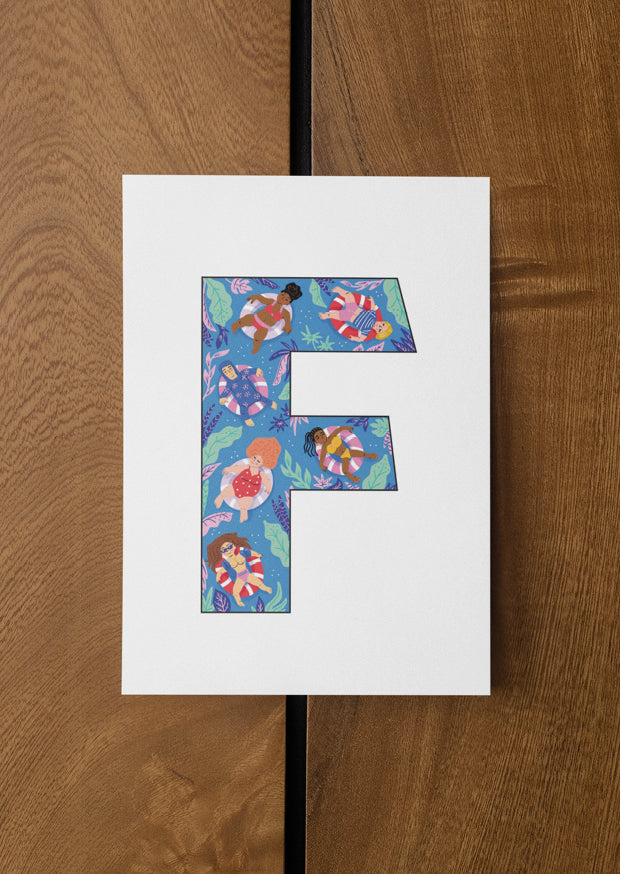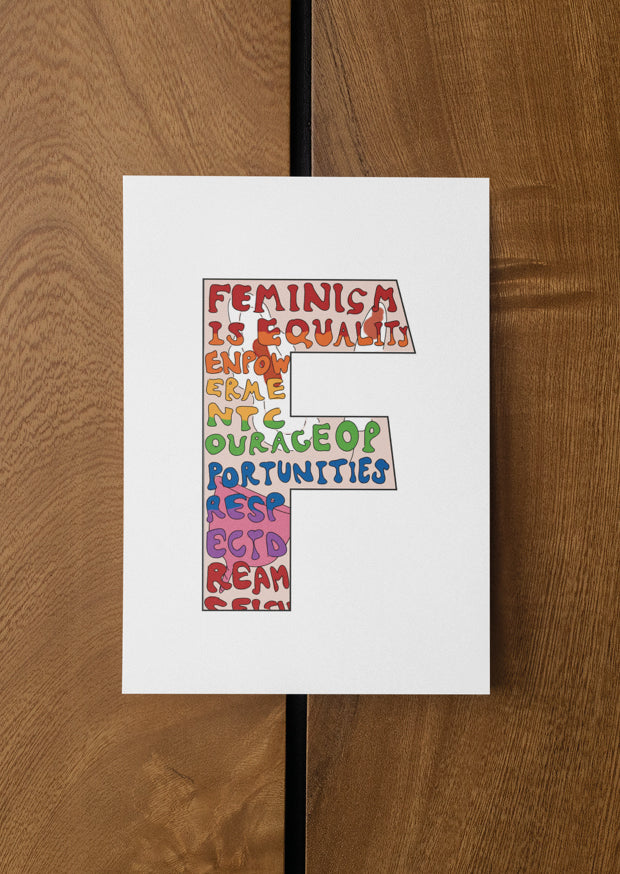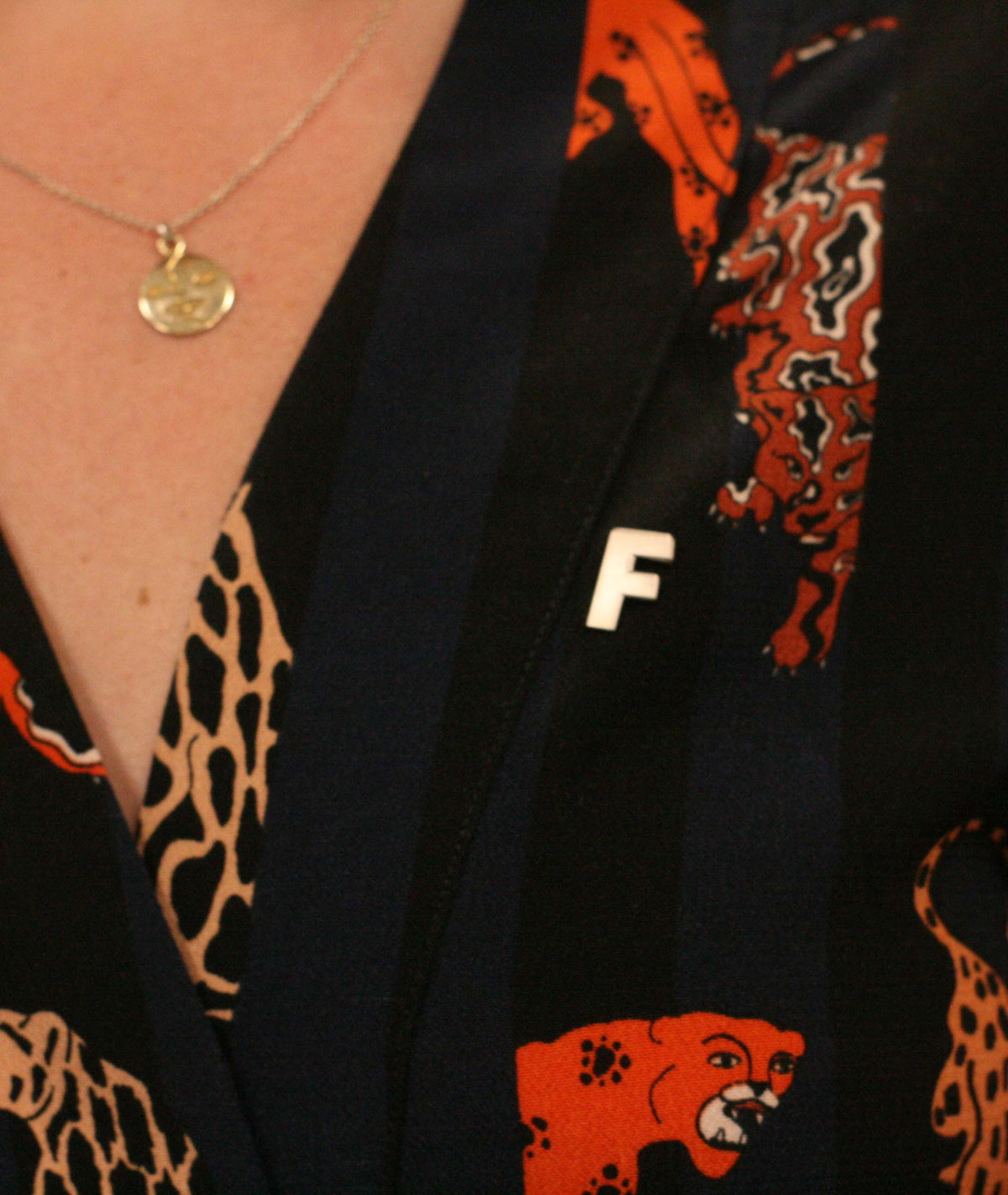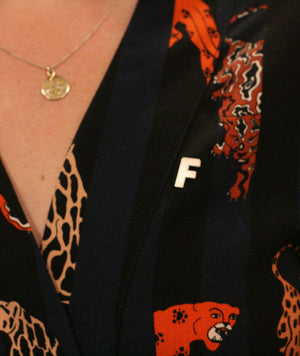Female Genital Mutilation, or FGM, is defined by the World Health Organisation as the deliberate cutting of the female genitalia. This includes extreme procedures such as the entire removal of the clitoris and the sewing of the vaginal hole of babies and young girls aged 0-10. While the United Nations' 1959 Declaration on the Rights of the Child promotes every child's full and dignified development, research indicates that 76% of Gambian girls and women would have undergone the practise by the end of 2024. Activist Fatou Baldeh MBE, however, has emphasised that the reported prevalence of FGM in The Gambia is a significant underestimate.
In 2015, The Gambia passed the Women's Amendment Act, which criminalised the harmful practice of FGM. In an effort to defend the rights of women and girls and strengthen its commitment, the Gambian government developed a national plan and policy aiming to eliminate FGM by 2030, marking a significant turning point. However, as of March 2024, The Gambia faces a major hurdle in its fight against FGM. A bill to repeal the ban on FGM has been tabled in parliament by an independent politician, encouraged by the controversial Islamic cleric Abdoulie Fatty. This development could make The Gambia the first nation to reverse its stance on FGM, posing a serious threat to neighbouring nations. Baldeh MBE warns that lifting the ban could have significant repercussions for the health, education, and overall well-being of women and girls, not just in The Gambia but globally as it could encourage those in positions of power to control young girls and women for political gain. Furthermore, it could set a dangerous precedent by disregarding other legal bans, such as child marriage, undermining the progress made in Africa to combat harmful practices.
Studies have found that FGM can lead to lasting health issues that require ongoing medical attention and treatment. Chronic infections and childbirth related issues, such as scar tissue-induced labour blockage, are among them. These make caesarean sections—a more resource-intensive procedure than vaginal births—more necessary. Anxiety, Depression, Post-Traumatic Stress Disorder (PTSD), and Sexual Dysfunction are common among FGM survivors. These conditions often require long-term psychological and psychiatric care, putting additional strain on the already under-resourced healthcare system. Given the cultural stigma associated with discussing and reporting the practice, as well as the absence of reliable data, it is difficult to determine the exact number of Gambian women who have undergone FGM and suffered physical and psychological health complications. However, it is evident that a significant number of women in The Gambia are confronted with these serious health risks. The urgency of implementing policies to empower women and safeguard their health is highlighted by this fact.
Adopting a comprehensive approach that encompasses both global and local efforts is crucial to maintaining The Gambia's ban on FGM. Through direct engagement with Gambian officials, UK government officials can demonstrate their dedication to supporting the enforcement of the FGM ban and provide technical assistance. UK citizens can actively participate in shaping government action by engaging with their local members of parliament through the use of letters and emails. This allows for greater accessibility and involvement from a wide range of individuals. Find out more about how to get in contact with your local MP on Find My MP. Supporting current popular petitions, such as the “Uphold the Ban on Female Genital Mutilation (FGM) in The Gambia”, can also amplify collective efforts. By signing and promoting such petitions, individuals can contribute to a broader movement, drawing attention to the issue and urging policymakers to maintain and strengthen the ban on FGM.
Supporting Gambian non-governmental organisations (NGOs) such as Women in Leadership and Liberation (WILL), allows them to continue their valuable work in organising community led outreach programmes. These initiatives aim to empower women and girls in The Gambia, address the issue of violence against them, and fight for the protection of their sexual and reproductive health. Information on how to support this organisation can be found on their website. Encouraging active participation in grassroots activism and empowering locals in The Gambia to voice their opinions can help build a strong and unified coalition against the repeal, ensuring the rights and welfare of women and girls are protected for future generations. The community-led nature of the material provides accessibility to a larger audience, building trust and promoting a deeper understanding and involvement with the cause. Collaborations between international and UK-based NGOs can strengthen advocacy efforts, magnify local voices, and enable more effective awareness campaigns.
In The Gambia, many religious and traditional leaders strongly believe in the significance of FGM, viewing it as an important cultural or religious practice. Engaging these leaders, who hold substantial influence over community practices, can lead to significant shifts in public opinion, making FGM socially unacceptable and reducing its prevalence, as well as opposition to its prohibition. While this approach poses challenges, it is crucial to engage in considerate and respectful discussions that present FGM as a human rights issue rather than a cultural offense. A key strategy is to emphasize the involvement of men and boys in initiatives to address FGM in The Gambia. Challenges in involving men often stem from entrenched patriarchal traditions that influence family dynamics and society in The Gambia. To address these challenges, it is crucial to undertake targeted initiatives that frame FGM as a topic impacting the well-being of families as a whole, rather than focusing solely on women. The societal structure has been shaped by traditional gender roles, with men generally holding positions of authority and women often expected to be submissive. This pattern highlights the continued prevalence of FGM as a means of controlling women's sexuality and maintaining traditional gender norms. Actively involving men in discussions on this issue can lead to substantial progress in overcoming barriers to eliminating FGM. By emphasizing the effects of FGM on the well-being of their daughters and the wider community, men can be encouraged to acknowledge the harmful nature of this practice.
Whilst neither an official declaration nor a date for negotiations on whether The Gambia will revoke the bill has been determined, the future, health, and dignity of Gambian women and girls rely on collaborative efforts. To effectively address the issue of gender-based violence and its impact on the health of women and girls in The Gambia, it is important to actively boost awareness. The results of advocacy efforts have shown promise, highlighting the significance of inclusive discussions on women's empowerment and their participation in decision-making, particularly on issues that have a significant impact on them. Engage in the fight against FGM by applying the strategies discussed in this article and by encouraging active participation on social media using the hashtag #EndFGM220. I strongly encourage survivors to continue bravely speaking up and sharing their stories to educate others. In addition, I urge others like myself, who might not have been directly impacted by the brutality of FGM to continue self-educating and speaking up for those who are tirelessly fighting to be heard. Join us in our efforts to combat FGM and create a brighter future for girls and women in The Gambia and beyond.






















Leave a comment (all fields required)